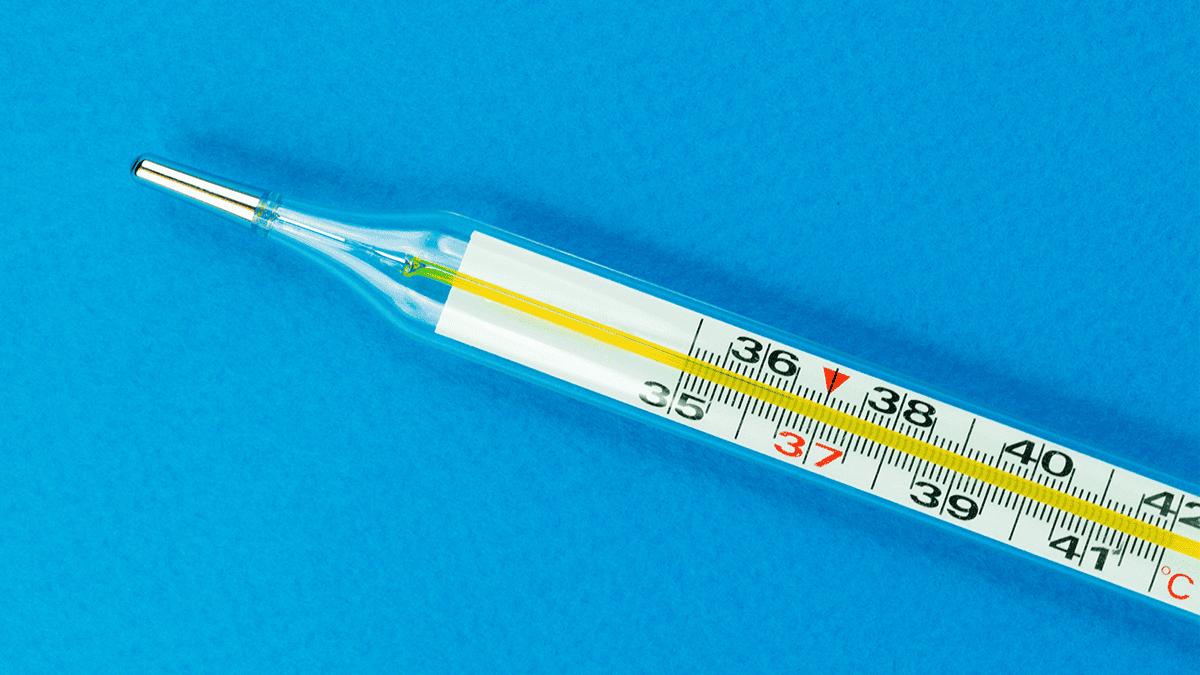We’re checking out rapid diagnostic devices – something you probably know better as the humble Home Tests Kits.
There are some incredible new innovations in this field that are seriously impressive and which are going to save even more lives. So let’s start with a brief History of Health at Home.
The History of Home Test Kits
Embed from Getty ImagesThe first thermometers for home use were available as long ago as the 19th Century!
Today it’s common for people, especially those with health problems, to have many other gadgets, devices and test kits to keep an eye on their vital signs by testing bodily fluids such as saliva, blood or urine.
Blood sugar measurement kits, crucial for managing diabetes, and pregnancy tests have been available for use at home since the 1970s.
Last few years have seen an EXPLOSION of diagnostic tests you can do without going into a clinic.
There are tests for detecting problems with liver and kidney functions, identifying allergies and those with high cholesterol and a wealth of other conditions.
Covid Pandemic
Embed from Getty ImagesThe COVID pandemic, which started in 2020, initiated a programme of home testing on a scale never seen before.
Scientists had to develop a test that could detect the virus, and that could be produced in sufficient numbers so that every single person in the UK.
That’s over 67 million people!
Everyone could access a test quickly and easily.
It had to be simple enough for everyone to use and easy to read the results.
After months of research and development, lateral flow tests were made available to everyone in April 2021.
How did the tests help?
Embed from Getty ImagesBut like other tests, one of the key benefits is that as well as helping us slow the spread of the disease by telling us when we needed to quarantine ourselves, crucially it helped to take pressure off hospitals and doctors because relying on them to perform tests would have been an overwhelming job and would have put those healthcare professionals at risk too.
Of course, one of the problems is that people who aren’t trained medical experts or people who want to get the test over with as soon as possible might rush the test and get a false negative
The great thing about the lateral flow test is that the physical parts of the testing kit – like the swabs and the plastic case can potentially be used in new tests for different diseases – saving the developers time and money as there is no need to start a design from scratch.
The Future of Home Test Kits
Embed from Getty ImagesThe pandemic really has accelerated the engineering, design process and development of interesting new testing methods, like breathalysers, and skin-patch tests and even cough analysing phone apps!
And the next generation of tests are even more exciting.
The future of at-home testing will drastically change in the coming years.
One cool example is a microsensor that can perform real-time measurements of stress hormones – measuring the natural changes in the levels of cortisol – the stress hormone and monitoring it over time – without having to send numerous samples to the lab
Embed from Getty ImagesStress is seriously bad for your health – it raises blood pressure and that can be dangerous for those with heart conditions so identifying risks early really can save lives!
Especially as raised cortisol levels, like other key markers for illness, aren’t easy to spot with your own eyes like a broken leg or a rash.
Testing is really helpful for identifying these early unseen signs of disease.
Add a comment




